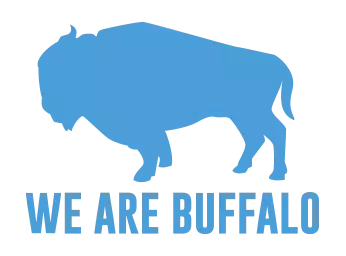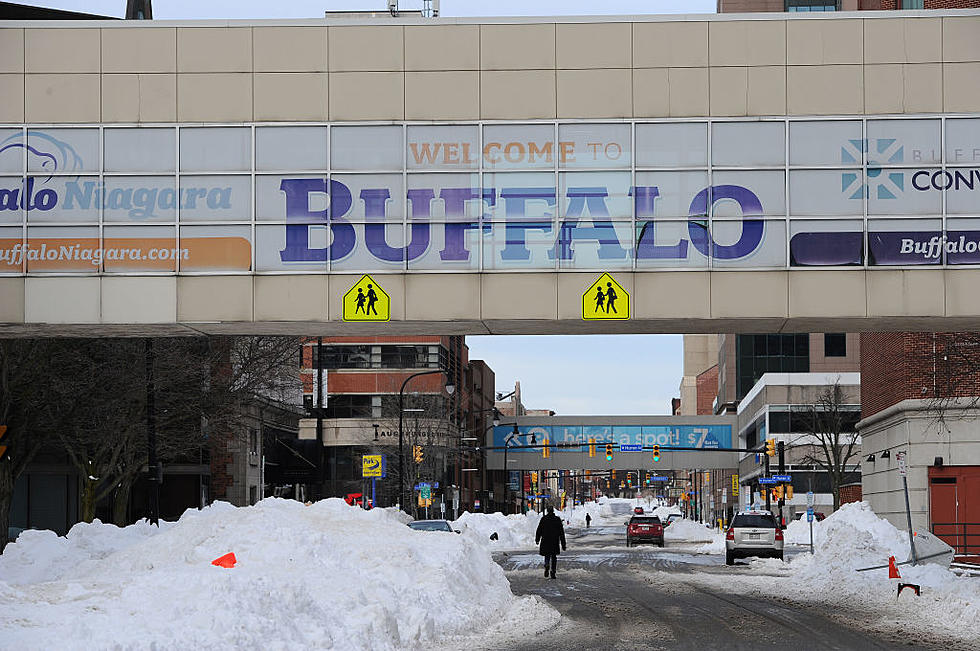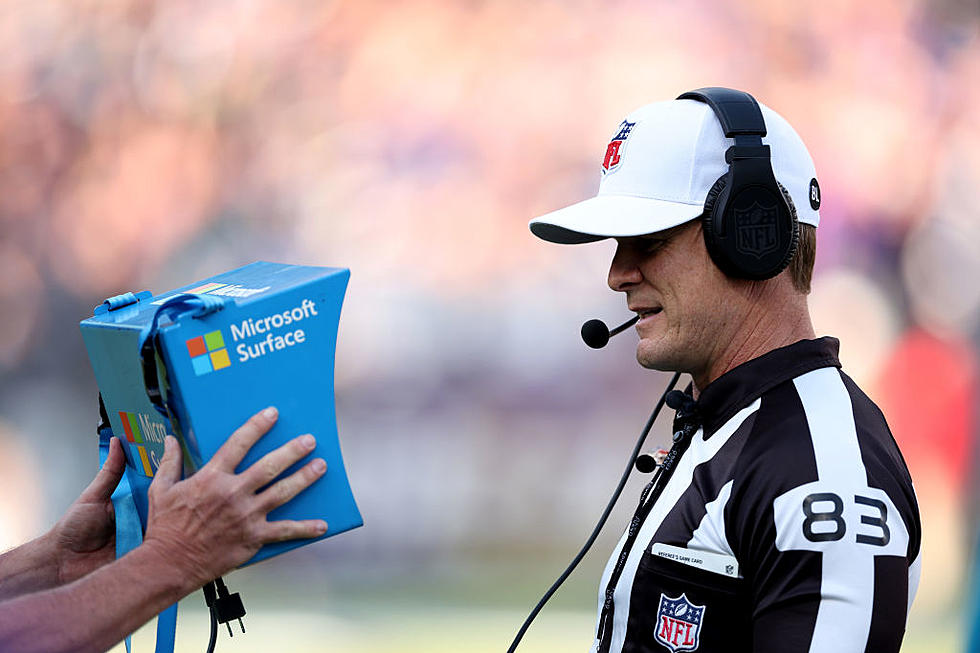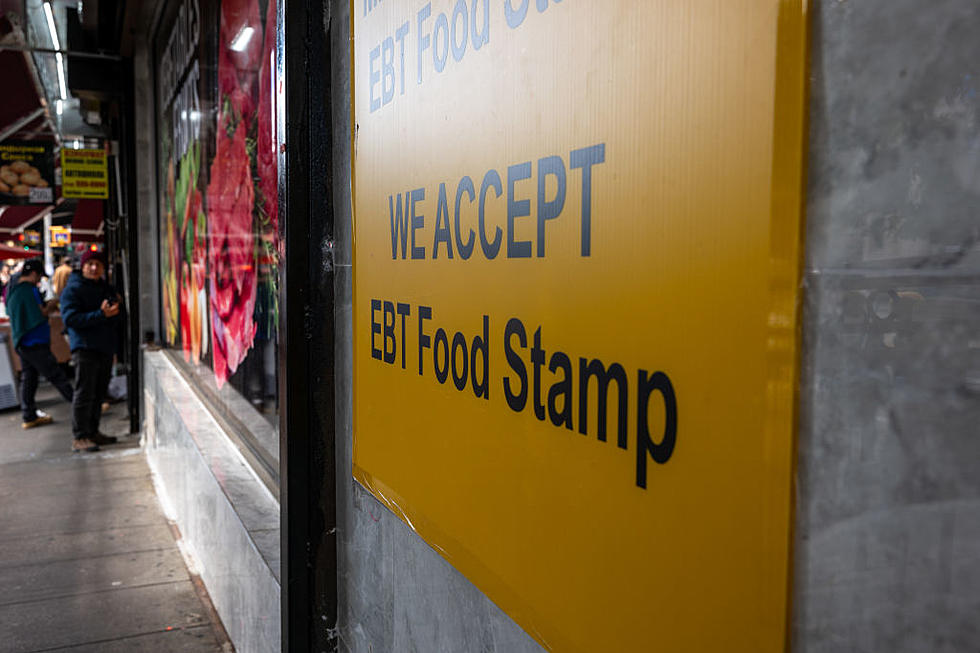
New York State Owes Residents $18.4 Billion, Claim Your Share
New York State has $18.4 billion of residents' money. You might be owed, here's how to claim your share. The New York State Comptroller's Office holds onto lost and unclaimed funds. Every day the state returns $1.5 million to people who file claims. So far this year $$311,047,393 has been returned to New Yorkers.
Does New York State Owe You Money?
The state collects the monies from other entities and holds on to them until they are claimed. That's where you come in. It's up to you to file a claim so that New York State doesn't keep your money.
Lost or unclaimed money gets turned over by organizations required to report dormant accounts to the New York State Office of the State Comptroller. This money includes things like forgotten savings accounts, lost paychecks, and stocks or bonds.
Each day, the state returns $1.5 million in lost funds. There are 49 million account records that remain unclaimed. Between April of 2022 and March of 2023, $406 million was paid out to New Yorkers and 690,000 claims were processed.
The payout may not be huge as 70% of claims provide less than $100. But if the money belongs to you it should in your hands, not New York State's bank account. You can file a claim for free to collect any money owed to you.
One New York resident received a check for $5.2 million in lost money from stocks. The largest unclaimed amount is $8 million from an estate and it is still unclaimed!
Interest is paid for five years on interest bearing accounts—currently it’s 5%
Here's a breakdown of where the funds came from during that period:
Utilities - 1%
Dealers/Brokers - 2%
Court Funds - 5%
Other - 14%
Corporations - 19%
Insurance Companies - 22%
Banks - 37%
New York State warns about scammers trying to pose as state officials to defraud people with unclaimed money schemes,
Beware of people who pretend to be the government and offer to send you unclaimed money in exchange for a fee or the exchange of confidential personal information. This practice is called phishing – a criminal activity using various techniques to trick you into providing personal or financial information through an email request or through a link to a fraudulent Web site.
Here's how to find out if New York has your lost money:
Claim Your Share Of Lost Money In New York State
8 Small New York State Towns Are The Among Worst In America




